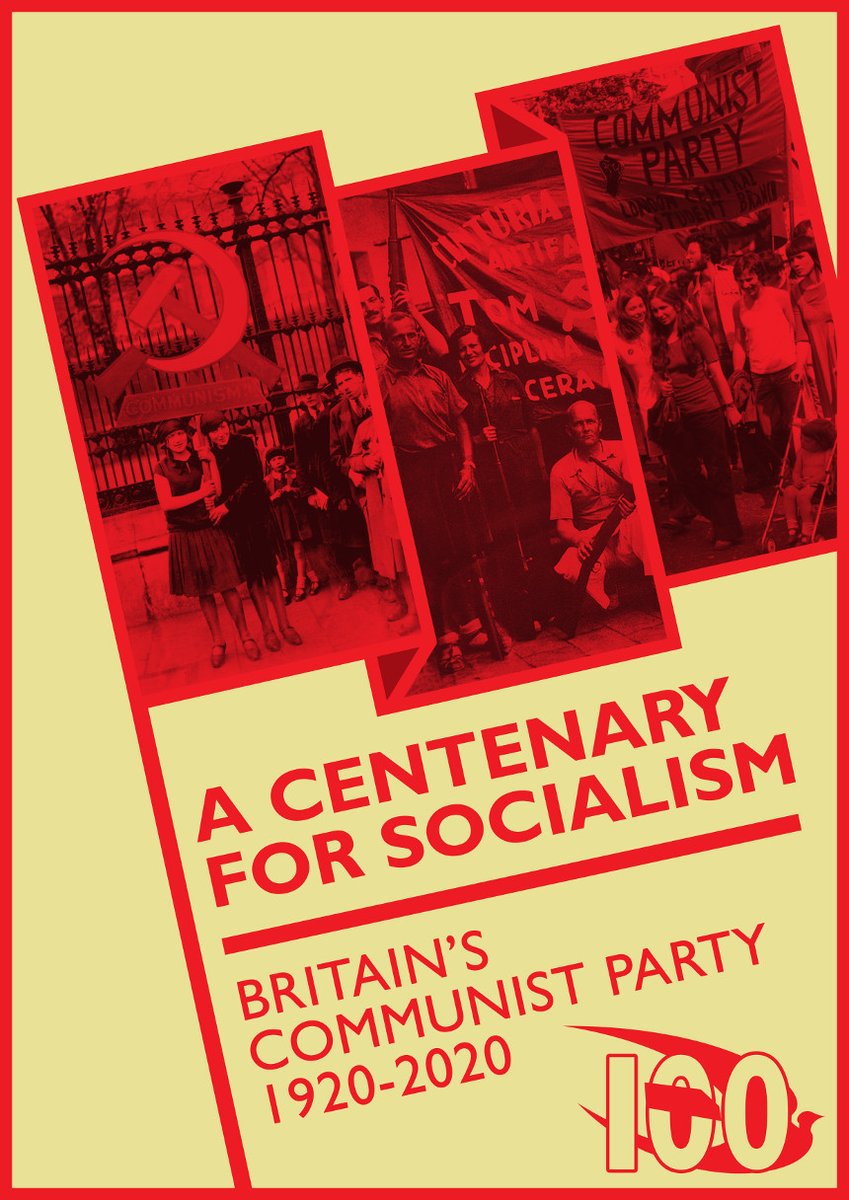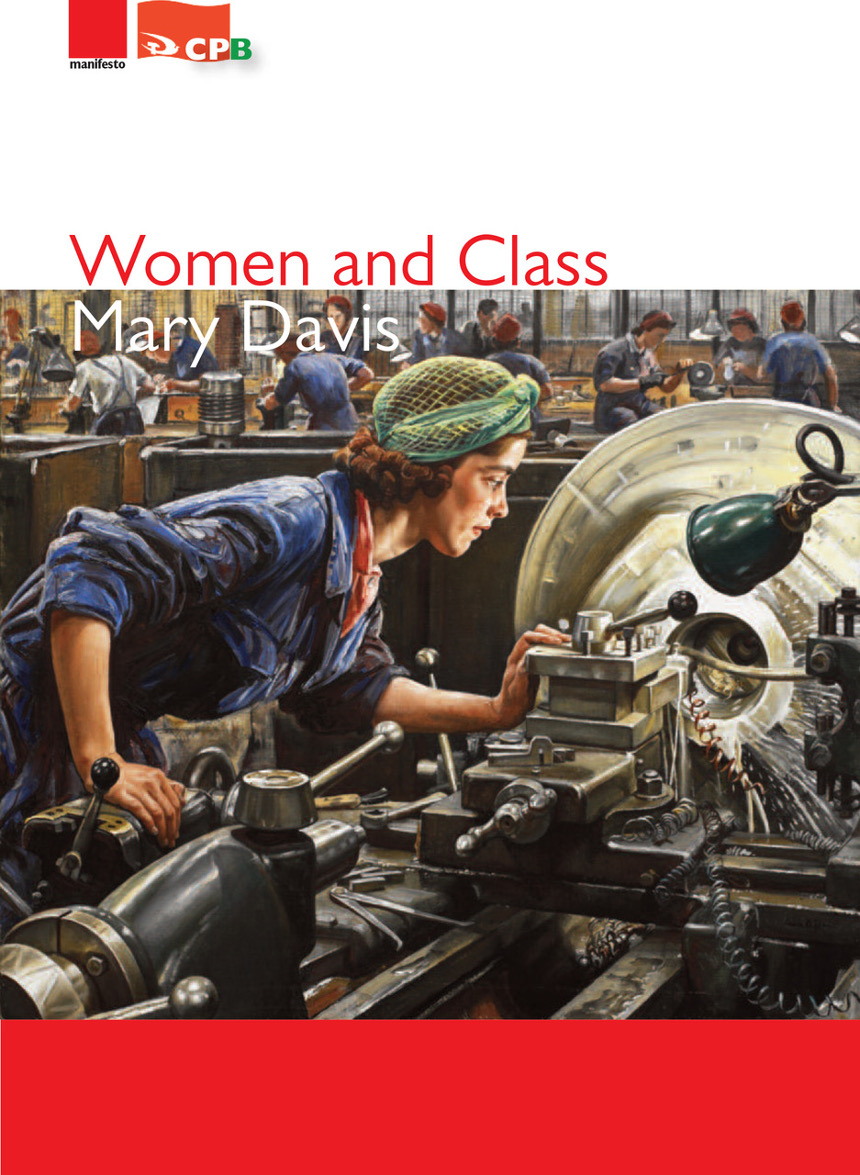This centenary year has seen a resurgence in publishing of books and pamphlets by the Communist Party. 📚
A vibrant struggle of ideas; communists as builders of peoples movements and of struggle for improvement in the daily lives of workers, their families and communities.
We are proud that the following publications, in addition to clearly setting out our line of march, are of a high standard of research and are well-written and designed.
If you have not read them, I urge you to do so, confident in the belief that you will find them thought-provoking. They make a powerful case for socialism.
Please do not leave your decision too long as postal delays are having an effect on delivery times.
https://t.co/NYbrb5fWOB
Red Lives
https://t.co/h7wGRwUWCz
Revolutionary Communist at Work
https://t.co/4z1IaOzfqp

https://t.co/SqXwGPuCNM
The Political Life and Times of Claudia Jones
https://t.co/ucXXNtUxZz
The Real Jessie Eden
https://t.co/XHS2lGOpSF
Unemployment fightback
https://t.co/ol9mLmwN1O














